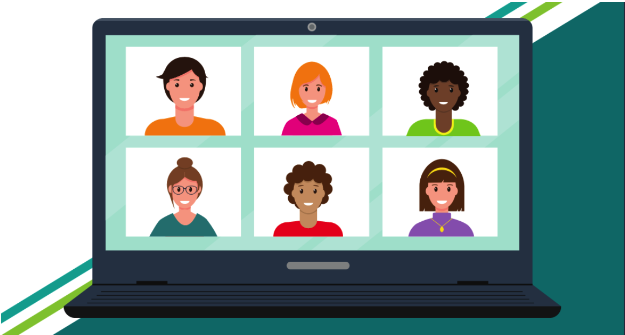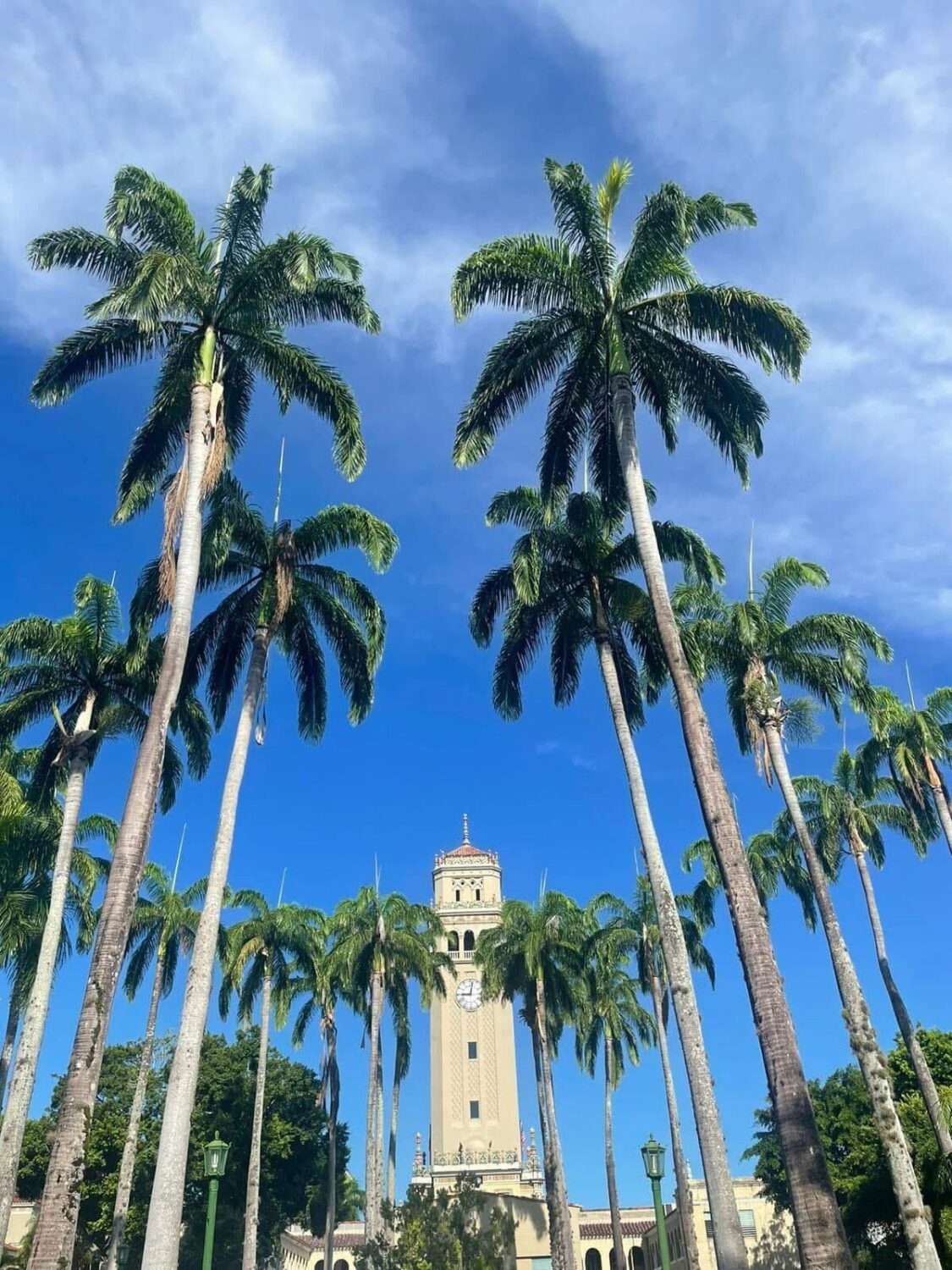On January 19th, 2023, NDC hosted Coordinating Captioned Media for Your Campus: Learn from Others, a webinar that included a panel of disability service professionals who discussed their experiences with policy and procedures for captioned media on their campuses. If you missed the webinar, don’t worry! The recorded webinar can be found below and is available for you to watch right now.
Full video description: https://tinyurl.com/mrxbm79x
The panelists included Sheryl Ballenger, Ph.D., CPACC (Deaf and Hard of Hearing Services, Manager with the Center for Inclusive Design and Innovation [CIDI] at Georgia Institute of Technology), Brittany Mammenga, ADAC (Captioning Coordinator at Minneapolis Community College), and Andrew Weaver, NIC (Sign Language Interpreting and Transcription Coordinator at the University of Oregon). Each panelist shared examples of their campus’ captioned media procedures and policies.
This webinar provided participants with the basic knowledge of their institution’s responsibility regarding captioned media and offered strategies on how to coordinate media captioning needs. Additionally, this discussion focused on the importance of communicating with the campus community on where they can go and how they can get their media captioned for accessibility, as well as ensuring that videos used are vetted and accessible before use.
Check out these tips for system improvements from our panelists!
Captioned Media: Ensuring Equitable and Accurate Captioning
Brittany Mammenga (ADAC), Captioning Coordinator
Minneapolis Community College
“In our quality check, we are ensuring that the file matches our internal style guide, closely modeled after the Described and Captioned Media Program or DCMP’s captioning key. And so that outlines expectations for transcription accuracy, timing, line breaking, reading rate and stylistic things like sound effects and speaker IDs. And so we optimize every file up to that level. And the goal of that is not necessarily 99% accuracy, but a most equitable experience. So extremely accurate but also equitable experience.”
Captioned Media: Captioned Media Requests
Andrew Weaver (NIC), Sign Language Interpreting and Transcription Coordinator
University of Oregon
“We have a contract with a different vendor and then any department on campus can fill out that form and then have that direct billing. So that way we don’t have to do some back billing and, and do that whole mess and that makes streamlining it really easy. And one thing that we do, and it’s also in that video request letter, is that as instructors create their own content that they are being encouraged to caption themselves.”
Captioned Media: The "Born Accessible" Model
Sheryl Ballenger (Ph.D., CPACC), Deaf and Hard of Hearing Services, Manager with the Center for Inclusive Design and Innovation (CIDI)
Georgia Institute of Technology
“It’s a thought process that we don’t have to remediate just because a student is in a class, but there’s the access is provided to all materials. When the courses developed before the first student even goes on that zoom room or opens that door to the in, you know, on campus classroom, the born accessible concept is really at a basic faculty level or course development level.”
Need More Support? We Got You!
NDC provides several resources for institutions and organizations to check their captioned media policies and practices. Don’t know where to start? Try the following:
- Visit our Captioned Media resource page
- Read our report on Supporting Deaf College Students: Perspectives From Disability Services Professionals, p. 12.
- Learn why Captions Benefit Everyone
- Discover more Captioning Policies & Procedures
- Find Quality Captioning Standards & Legal Cases
- Learn about Copyright & Compliance concerns









